Around 90,000 people in Scotland have dementia – a devastating condition that affects the brain and causes memory loss.
The illness is most common in older people, however 3,000 Scots under 65 have the condition.
The road to diagnosis isn’t always simple. So, what are the first signs of the illness you should look out for in yourself and loved ones?
What should you do if you think someone has dementia? And what are the tests you can complete ahead of getting a diagnosis?
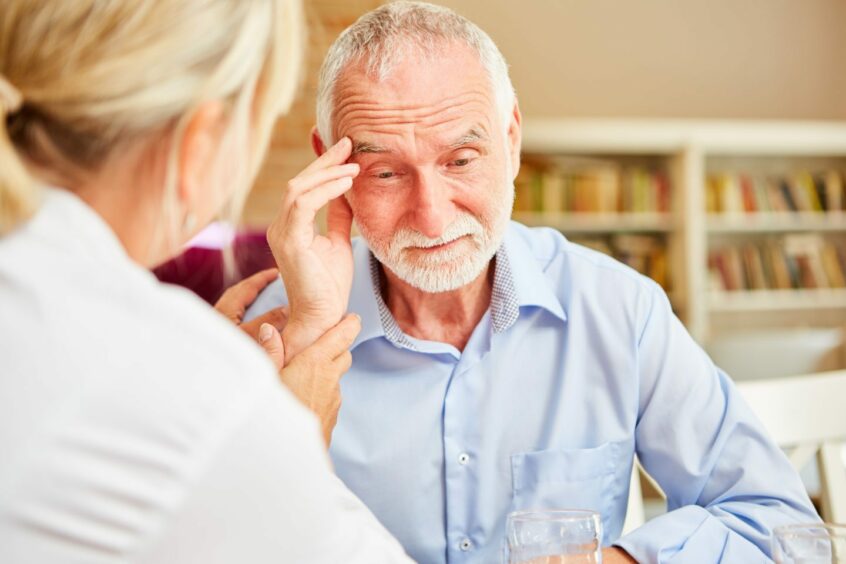
We’re answering all your questions, to mark Dementia Awareness Week.
What are the early signs of dementia?
The first signs of dementia can be hard to spot, so it’s important to be aware of them. They include:
- difficulty concentrating
- memory loss
- struggling to carry out familiar daily tasks
- confusion around time and place
- personality and behavioural changes.
Everyone is affected differently by dementia. You can find out more about the signs and symptoms on the NHS website.
What should I do if I’m worried about a loved one?
If you’re concerned a relative might be showing signs of dementia, you don’t have to suffer alone.
GPs are usually happy to speak to relatives over the phone. You should contact your loved one’s doctor, in the first instance, to discuss your concerns.
Alzheimer Scotland recommends keeping a diary tracking how the symptoms are affecting the person concerned and the wider family.
Dementia Awareness Week 2022 💜
The aim of this week is to raise awareness, reduce stigma and help improve the lives of people with dementia, their families and carers. This year's theme is 'Let's Prevent, Care, Cure dementia together'. So, how can you get involved? pic.twitter.com/PRm52jG798— Alzheimer Scotland (@alzscot) May 30, 2022
Things to note include when symptoms started, what they are and how rapidly the symptoms are progressing.
They will likely wish to see the patient to assess them and ensure the best treatment and support is in place, for them and the family.
What are the dementia tests you can do?
When visiting the GP with your loved one, they will be given a series of tests in order to reach a diagnosis.
Someone who is aware of the symptoms and how they are affecting the person should attend the appointment too, to explain things the patient maybe can’t.

Mental ability tests will be carried out. Most tests involve a series of pen-and-paper tests and questions, each of which carries a score.
These tests cannot diagnose dementia, but they may show there are memory difficulties requiring further investigation.
Online tests
Prior to visiting a doctor, you or your loved one can take a self-assessment test online.
Examples of questions asked include whether you get easily confused driving or using tools, or if you get lost in places familiar to you.
Tests like this can be found here, here or here.
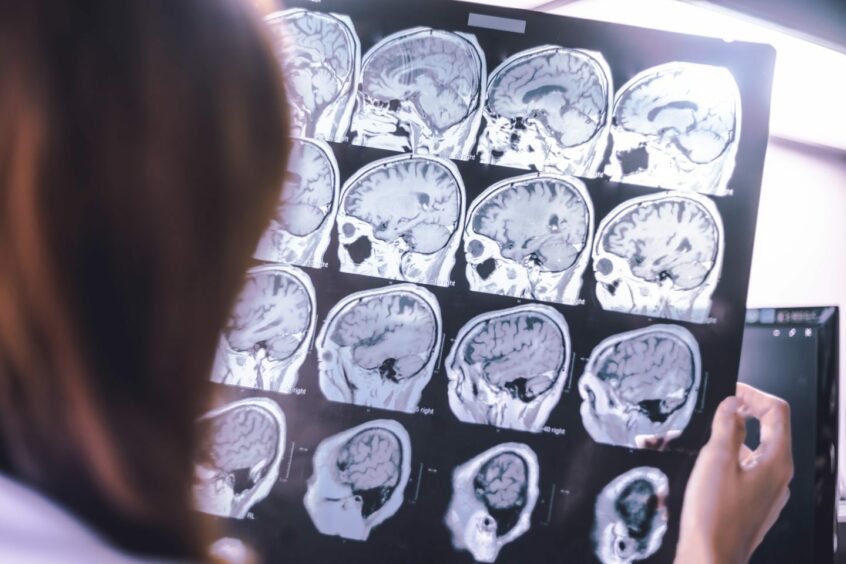
These tests are not diagnostic tools and should not be used as such.
However, they can be used to assess whether a GP appointment is needed, or to use as evidence in the appointment.
Your GP should also arrange for blood tests to be completed, to rule out the possibility of any infections and to check the functions of vital organs.
Finally, they may arrange for a brain scan to be completed, which is a key tool in diagnosing dementia.
Where can I get local support?
If you or a loved one has recently been diagnosed, you’re not alone.
The Dundee Dementia Resource Centre supports people with the condition, their families, relatives and friends at any stage of the illness.
They provide information and advice, activities for people with dementia and carers, peer support and day care.
You can find out more about the Dundee centre at the website.
Community support is also available in Perth and Kinross and Fife.
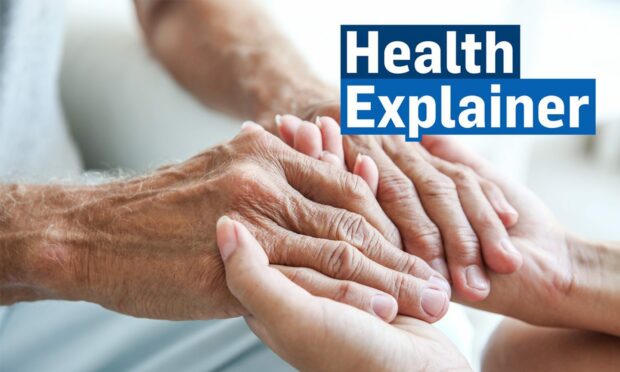
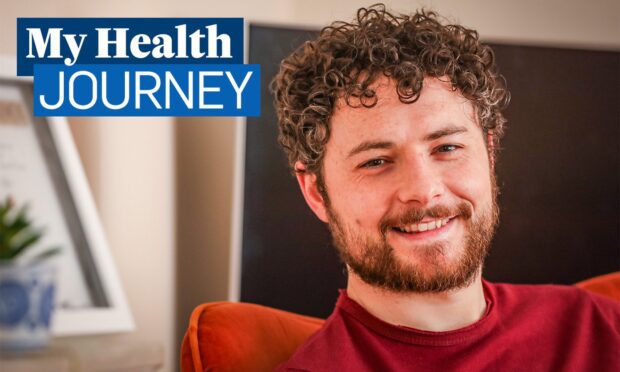

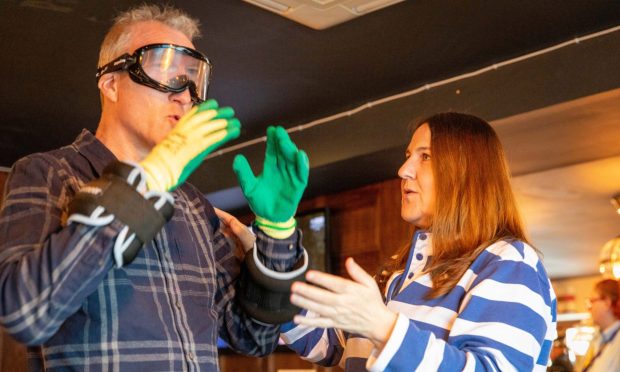
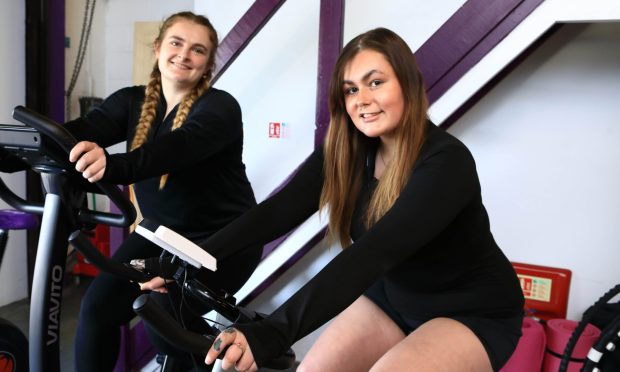
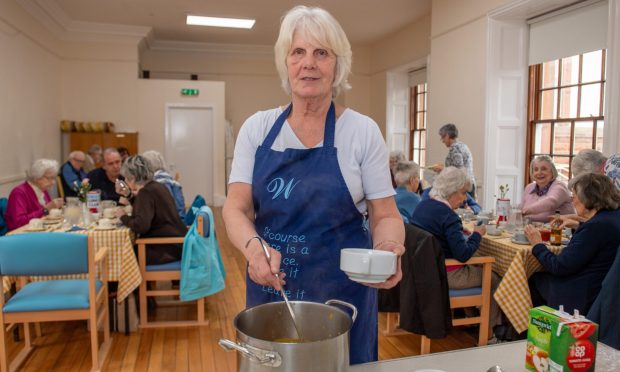

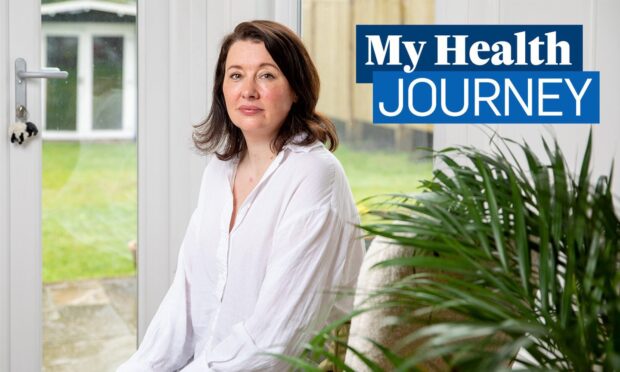
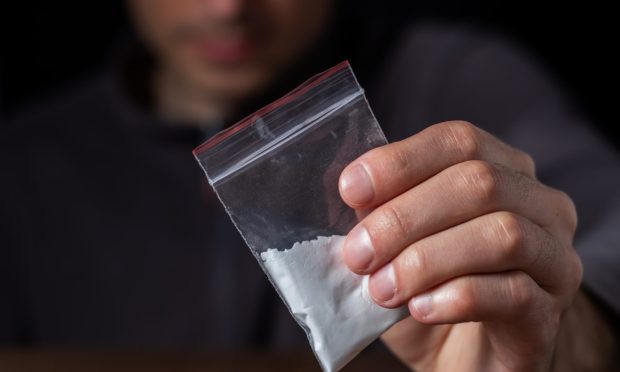
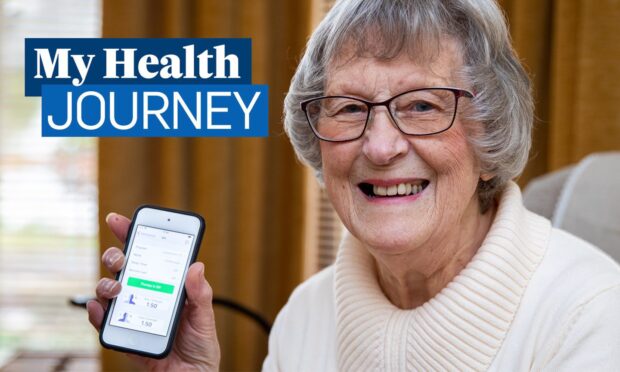
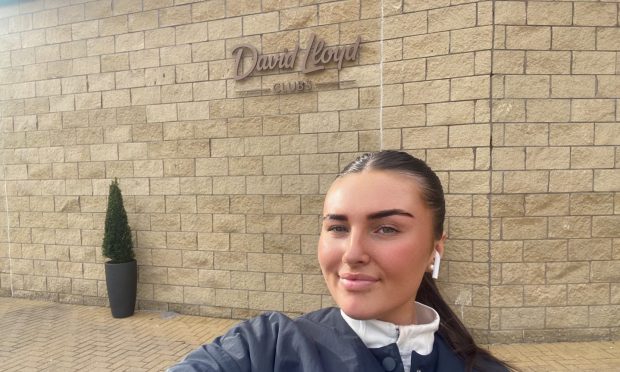
Conversation